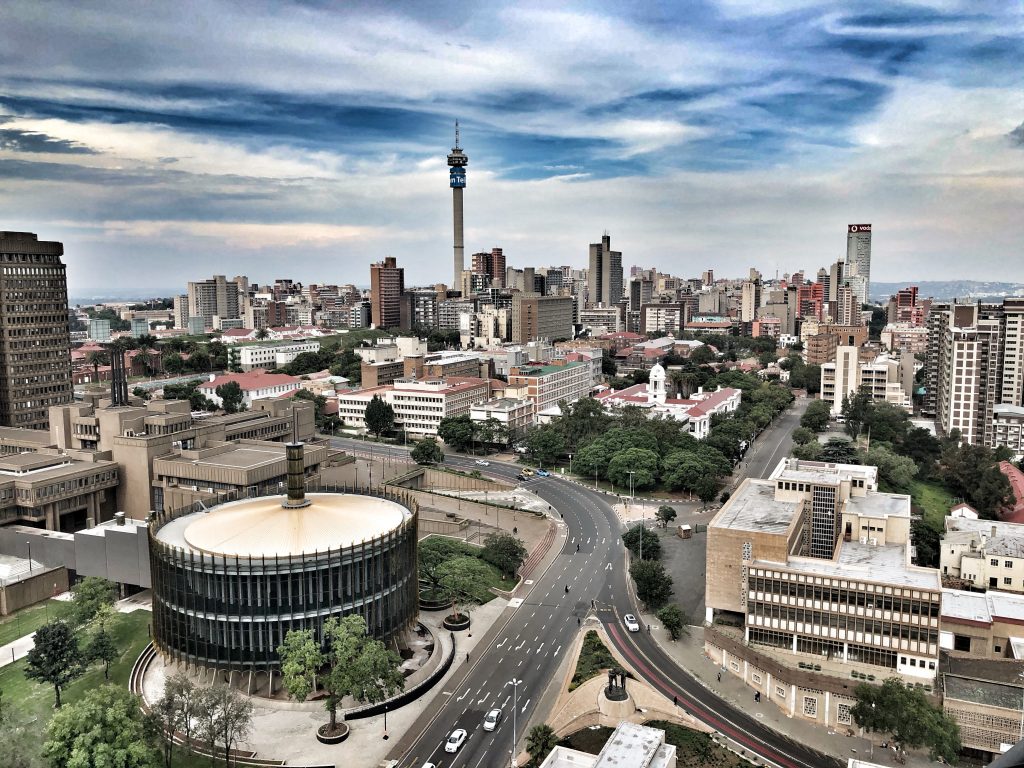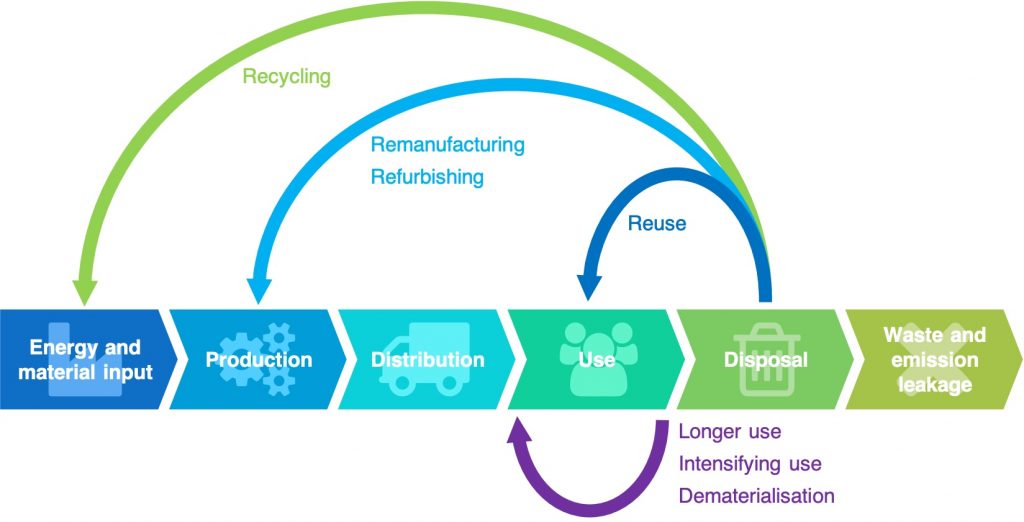By Andrew Ihsaan Gasnolar, Head of Public Policy at Bolt Southern Africa
Our cities are growing so rapidly that by 2050 it is expected that 2.5 billion people will live in African cities, doubling our current population. A search for a better way of life and more income opportunities means that the attraction to cities is only going to increase.
This explosion brings with it a host of challenges, especially in the transport sector, on which the public heavily relies on. The options are plentiful and include buses, trains, bicycles, motorbikes, taxis, e-hailing services, private cars and planes.
E-hailing joined the landscape a mere six years ago in South Africa as an addition to the e-hailing sector. The sector has grown so fast with millions of city dwellers taking e-hailing rides to get to work, leisure and worship opportunities every week. This growth has e-hailing companies and the government working together to develop sector specifications under the National Land Transport Bill.
Relics of the past
South African cities’ are burdened with the legacy of Apartheid spatial planning coupled with the over-reliance and prioritisation of the private car over all other modes of transport. This skewered approach has resulted in cities neglecting active mobility, shared mobility or even aspects of universal access.
Critically, our cities in order to meet the demands of an ever-expanding world will need to find ways to leapfrog towards progress and inclusion of multiple modes and optionality. This led to, and remains largely in place to this day, a large populace occupying space many kilometres from the city centres with extensive urban sprawl, in which they work and need to get to and from on a daily basis.
Notwithstanding the cost – consider a mix of a taxi ride, a train trip and even a bus ride every day and one can pretty quickly calculate how much the average South African spends on transport (most spend between 1% and 10% of their salaries on transportation while the poor spend an even higher disproportionate amount of earning on transport for themselves and families on services which are often unreliable and unsecured.
Change in cities is needed
Alternatives that are viable, reliable, cost-effective and available are needed. Enter e-hailing which enables low barriers of entry for South Africans to find earning opportunities and support the mobility needs of the country. Roughly 100 000 drivers enable on the sector, approximately the same amount as the local automotive sector which contributes +- 4.9% to the GDP. More and more people are choosing to use shared mobility that gives them privacy, safety and reliability – from when they get picked up to when they get dropped off.

E-hailing can also evaluate and provide insightful data to cities that need to know about people’s travel habits every day. We already support cities in developing rational and integrated master planning objectives, with a collaboration focused on enabling cities that enable people and drive opportunities. E-hailing, working in tandem with a smartphone, assimilates data during every ride and collates this into macro trends. As a result, can be used by city and town planners to develop new corridors or create spaces where people go about their daily lives, that are safer – especially for women as they are well-lit and designed with the user in mind – and more accessible.
Creating a Circular Economy
Cars however remain the dominant force in most cities with policy and resourcing disproportionality seeking to enable infrastructure for the private car. In order to achieve any semblance of sustainability and to achieve sustainable cities and communities, we have to urgently pivot away from this dated approach. This needs careful re-consideration and change. Cities that acquire their data from sources like e-hailing companies, can create public spaces that have allocated drop-and-go areas, opposed to permanent parking, creating a circular system, where sharing one car with many versus using a car for just one becomes the norm.

Coined the Circular Economy, it creates shared value in a system or object by reducing, reusing and recycling resources. In London for instance there are bikes that are made available every day for people to move around, at a minimal cost. Locally, Bolt has launched a partnership with Pathway Cycles. A fleet of electric bicycles that are better for the environment and provide additional income opportunities for couriers, the service is used to deliver food ordered via the Bolt Food platform.
The circular economy also provides a solution for multimodal transportation to co-exist with no requirement for one to use just one mode of transportation. The phenomenon encourages less dependence on one means to move around and facilitates the need for an integrated transport system that enables citizens to move around without the need of private ownership of a car, irrespective of geographical location.
Mobility is in everyone’s interest
South Africa is an emerging economy that is plagued by transportation challenges of the past. But with innovative options available for its citizens, e-hailing is a viable and safe transport option. Indeed, it will take time to change people’s familiarity with private cars, or other modes of transport, to e-hailing services as part of their transport alternative. But with the price of petrol and diesel increasing at a rapid rate – with the former peaking at around R25/ a litre in August – citizens will be encouraged to look at other options that will preserve their pocket, while retaining their safety, privacy and need for reliable solutions.
This transport month , which runs from 1 – 31 October 2022, is a time to reflect on where we are as cities, how we have built them and how they service their citizens. With Covid having made a major impact on how many people travel into and out of town, there is a window of opportunity to reconsider how we can make better options available that reduce congestion, emissions and play a part in the 11th 2030 Sustainable Development Goal, which aims to make cities and human settlements inclusive, safe, resilient and sustainable

Andrew Ihsaan Gasnolar, Head of Public Policy at Bolt SA










